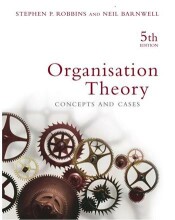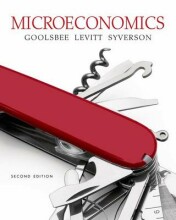Summary: International Marketing Research
- This + 400k other summaries
- A unique study and practice tool
- Never study anything twice again
- Get the grades you hope for
- 100% sure, 100% understanding
Read the summary and the most important questions on International Marketing Research
-
A. Marketing Research
This is a preview. There are 8 more flashcards available for chapter 01/06/2019
Show more cards here -
What is segmentation research?
Helps identifying the most lucrative opportunities -
What 2 principles is return on quality based on?
1. Quality delivered is equal to/ higher than the quality desired by the target group
2. Quality and profitability are positively related -
What is the customer retention rate?
The number of customers that remain loyal to the firm every time they use their products or services -
What is the difference between pro-active and reactive marketing research?
1. Pro-active adjusts marketing mix to new and emerging trends and sees environment as an opportunity
2. Reactive takes action after change has had large impact on firm, and sees environment as threat -
What is the difference between applied and basic research?
1. Applied research is conducted to solve a specific, pragmatic problem
2. Basic research is conducted to extend knowledge, usually can't be implemented in the short run -
What is selective research?
Testing decision alternatives and finding the best option -
What is evaluative research?
Assessing marketing programs' performance -
When is it better to not conduct marketing research?
1. Lack of resources
2. Results of research would not be useful
3. When the opportunity has passed (product already in late stage of life cycle)
4. When the decision has already been made
5. When the research objectives are not specified
6. When the relevant info already exists
7. When the cost of research outweighs benefits -
What is the marketing research timeline?
Pre-1900 - Inception - first use of MR but low response rates
1900-1920 - Early growth - Consumer demand and mass production grew --> larger and more distant markets --> first formal MR
1920-1950 - Years of adolescence - First application of scientific research to commercial problems. Changing markets --> systematic research --> growth surveys and focus groups
1950-2000 - Years of maturity - From sellers market to buyers market --> market intelligence more important. Info about consumers' desires --> effective MR
2000-present - MR on the internet -
What are the advantages of ethnography?
1. Full immersion and deep understanding of the culture
2. Less prone to researcher bias
- Higher grades + faster learning
- Never study anything twice
- 100% sure, 100% understanding






























